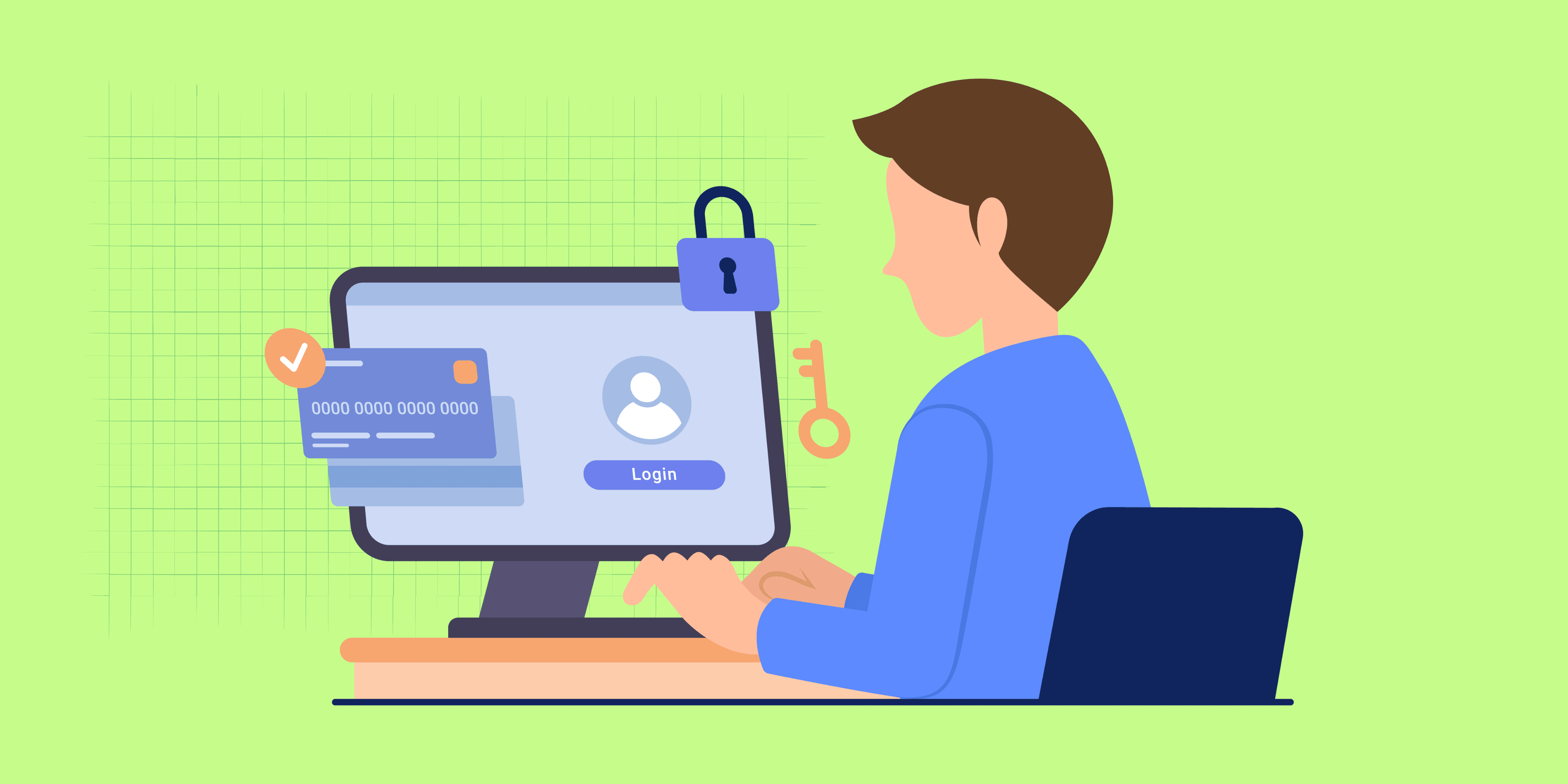Working in the field of cybersecurity means controlling the security of IT systems, specifically the hardware and various software. Information security, which involves protecting information, particularly in IT systems, is a separate category. Do you need to know coding for cyber security depends on your area of activity and the specific job you choose. A specialist in IT system protection has many responsibilities, and a significant part of them do not require coding skills. More important are analytical skills, strategic thinking, knowledge of vulnerability detection methods, and the ability to implement measures to eliminate them.
Cybersecurity specialists are in high demand in the job market because data protection is a crucial issue, and the relevance of cyberattack problems is constantly growing. Computers, smartphones, applications, and online services continuously process a large amount of confidential information. The ability to use coding language for cyber security is not a primary requirement. However, it will undoubtedly be a plus for a specialist who wants to advance in their career and obtain new, higher-paying positions.
We will discuss the duties and tasks of an IT security specialist and highlight key coding languages they may use in their work. We will also review a list of cybersecurity-related jobs. Some of these do not involve coding but require other knowledge, skills, and abilities.
Duties of a Cybersecurity Specialist
Some companies seek cybersecurity engineers with a degree in a relevant field and experience of coding for cyber security. However, not all organizations have such requirements; more often, employers focus on the specialist's ability to perform a range of duties effectively:
- Analyze the company's security best practices
- Design, implement, monitor, and upgrade security systems
- Maintain these systems after implementation
- Respond to security breaches and eliminate them
- Conduct stress tests and penetration tests to identify vulnerabilities
- Address network and security issues
Thus, whether you need to learn code for cyber security depends on the duties specified in the particular job vacancy. Usually, the main goal is to protect against cyberattacks, hackers, malware, and other threats. Often, the roles of a cybersecurity engineer and a security analyst are combined.
Which Programming Languages Are Needed in Cybersecurity?
A beginner cybersecurity specialist may not know any coding languages. This way, you can perform tasks as a penetration tester. Clarify during the interview or before it whether coding is required for the cyber security position you are applying for. If you want to grow and take on interesting positions, it is worth learning Python, on which most exploits are written. This is a simple language, and after learning it, you can move on to C# or C++.
The latter is typically used in cybersecurity for developing system-level security applications. It involves protecting operating systems and other system-level resources from unauthorized access or damage. Undoubtedly, the best code to learn for cyber security is Python, as it is simple and versatile.

Cybersecurity Positions Without Coding
Knowledge of programming can be important for some mid- and senior-level cybersecurity positions. For example, a Chief Information Officer may code, but it may only be useful in exceptional situations, unlike IT staff who have to solve software issues daily. Let's look at the main positions in cybersecurity—with and without coding.
- Software Engineer
- IT Technician
- System Administrator
- Information Security Analyst
- Cybersecurity Analyst
- IT Director
- Computer Network Architect
- Cyber Threat Analyst
Software engineers create organizational software, webinar applications, games, etc. If you're wondering, "What code should I learn for cyber security as a software engineer?", the answer can be broad, as the more, the better. These specialists independently create systems for developing new products and updating them.
An IT technician installs, tests, and launches software, resolves compatibility issues between computers and software, fixes network-related issues, and tests firewalls and antivirus programs.
A system administrator maintains the company's network and computer systems, fixing network issues and configuring operating systems. The security administrator's duties include monitoring and protecting systems, installing security solutions, but not developing them, as this is done by programmers. Thus, whether cybersecurity requires coding depends on the specific role within the team.
The primary task of an information security analyst is to protect against hackers, malware, viruses, and other forms of cyberattacks. In case of data breaches or other emergencies, information security analysts implement data protection and proper backup plans. They also investigate new methods developed by cybercriminals and how to prevent these threats.
A cybersecurity analyst studies security risks and proposes preventive measures for secure programing. They assess the company's network connections and devices, develop protocols for employees, respond to potential data leaks, and evaluate damages. The scope of a security center analyst's activities includes researching, monitoring, documenting, and reporting on system vulnerabilities, threats, and attacks.
The Chief Information Officer (CIO) is responsible for ensuring all the company's technological needs are met. Their duties include overseeing protection strategies and selecting software for this purpose. Senior specialists delegate cyber coding and other routine duties to subordinate IT staff, while they typically handle costs, data security, and protocol administration.
A computer network architect performs hardware and software upgrades, researches new technologies, documents processes, tests networks, and so on. For this, a deep understanding of cyber code is not necessary, but a bachelor's degree in computer and information technology is preferred.
Conclusions
Many specialties related to cybersecurity do not involve creating computer code. However, working in this field requires a general understanding of secure coding practices, high attention to detail, and the ability to solve problems creatively. A newcomer applying for a penetration tester position does not necessarily need to understand coding. However, to attain mid- and senior-level positions, it is worth learning Python, and optionally, C# or C++.
Can you work in cybersecurity without coding?
Even with no coding experience or knowledge of any programming language, you can find a job in cybersecurity. These can be entry-level positions. Knowledge of Python will be helpful if you are interested in mid-level to senior-level positions.
What coding language is used in cyber security?
In cybersecurity, the Python programming language is most often used, as well as C#, C++, and others.





















